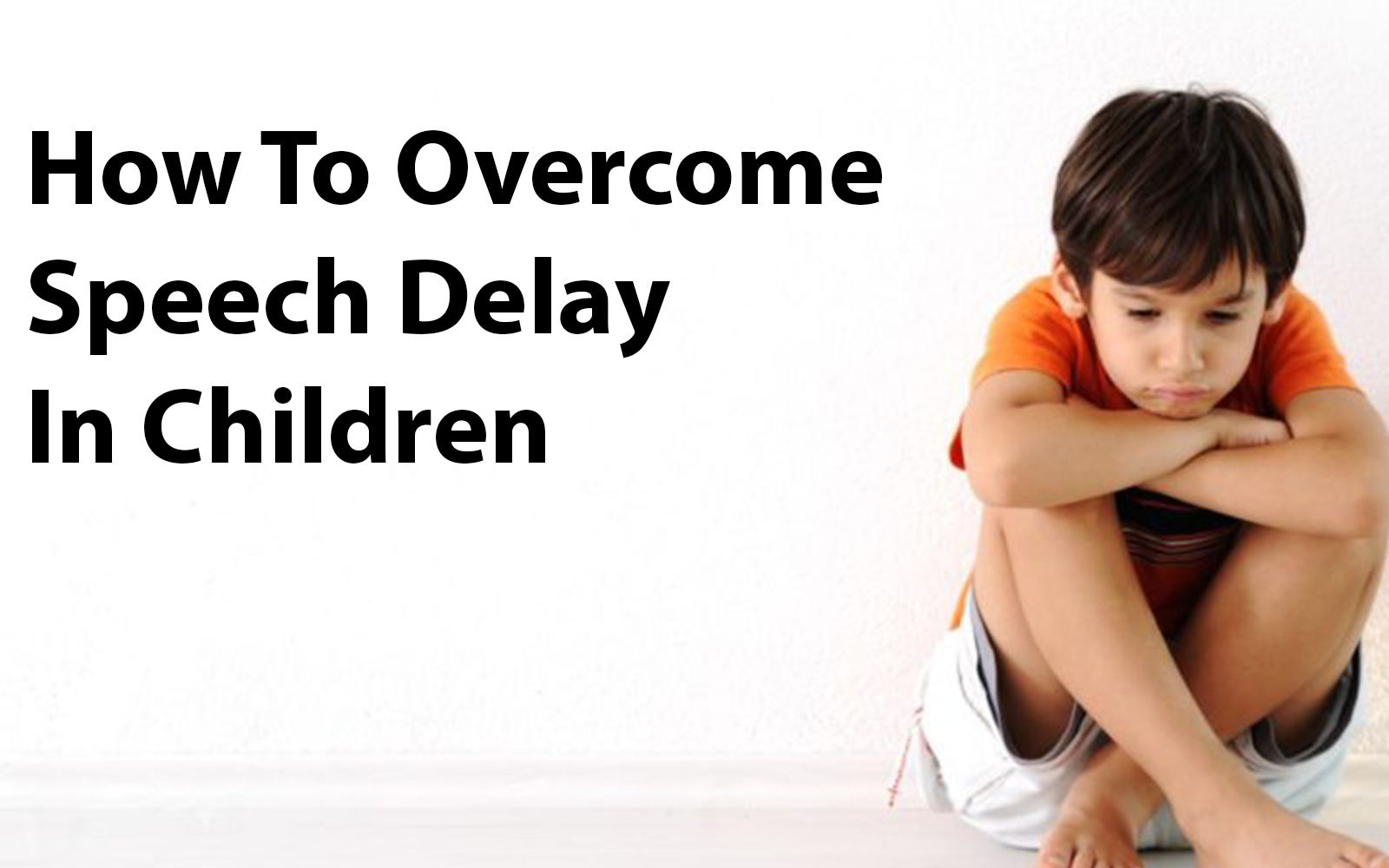As a parent, you are probably been counting down the days your child will say “Mama” and starts talking. Hearing your child say their first words is one of the most exciting milestones of parenthood. But what if your child is falling behind in speech development? Speech delays are more common than you might think, and the good news is that there are simple, proactive steps you can take to prevent speech delays before they even begin.
You are probably here because you want your child to reaches their full potential in speech and language development. In this article, I’ll share expert tips that can help you avoid speech delays and promote healthy language growth from day one.
- Start Talking to Your Baby Right Away
Did you know that your baby is listening to you even before they can respond with words? Language development begins in the womb, with babies hearing sounds and voices long before they are born. Research shows that babies are born ready to listen and learn. By talking to your baby from the moment they are born, you’re laying the foundation for future language skills.
Action Tip: Narrate your daily activities, even when your baby is too young to respond. For example, you can say, “Let’s get your shoes on. We’re going to the park!” or “Look at the bird outside the window.” This exposure to language helps babies understand how words work and primes them for future speech development.
- Read to Your Child Every Day
One of the most powerful tools in preventing speech delays is reading aloud to your child. Studies consistently show that children who are regularly read to have stronger vocabulary and language skills. The act of reading exposes your child to new words, sentence structures, and sounds, all of which are essential for developing speech.
Action Tip: Begin reading to your child as early as possible, even if it’s just simple board books or picture books. Ask questions about the story or point to pictures as you read to encourage interaction. As your child grows, progress to more complex stories and engage them in discussions about the content.
- Limit Screen Time and Encourage Interactive Play
In today’s digital world, it’s easy for children to get distracted by screens—whether it’s a tablet, TV, or smartphone. Excessive screen time can negatively impact your child’s speech development, as it reduces opportunities for real-life interactions. Children learn best through face-to-face communication and active play, where they can practice speaking and engaging with others.
Action Tip: For children under age 2, the American Academy of Pediatrics recommends no screen time at all. For older children, limit screen time to no more than one hour a day and encourage interactive activities like building with blocks, playing pretend, or engaging in simple games that require conversation.
- Encourage Social Interaction and Playdates
Speech and language skills thrive when children are given opportunities to interact with others. Social play allows kids to practice conversation, turn-taking, and problem-solving—skills that are essential for language development. Make sure your child has regular interactions with other children and adults.
Action Tip: Arrange playdates, attend story times at the library, or take your child to group activities like playgroups or music classes. The more your child interacts with others, the more they will learn how to communicate effectively.
- Be Patient and Avoid Over-Correction
Every child develops speech at their own pace. While it’s important to encourage communication, it’s equally important to be patient and avoid over-correcting your child’s speech. Pushing too hard for perfection can lead to frustration and could actually hinder their progress. Instead, model correct speech naturally without putting too much pressure on them.
Action Tip: If your child says something incorrectly, simply repeat the sentence correctly in a casual manner. For example, if they say, “I go to the store,” you can respond, “Oh, you went to the store? That’s great!” This allows them to hear the correct form without feeling criticized.
- Create a Language-Rich Environment
A child’s environment plays a significant role in their language development. The more words children hear, the more likely they are to develop strong language skills. A language-rich environment includes not just speaking to your child, but also exposing them to a variety of sounds, words, and conversations throughout the day.
Action Tip: Use descriptive language throughout the day—describe what you’re doing, what your child is doing, and what you see around you. For example, instead of saying “Look at the dog,” say, “Look at that big, brown dog running in the yard.” This will help build your child’s vocabulary and understanding of language.
- Get Professional Help Early If Needed
In some cases, a child may experience delays that require professional intervention. If you notice that your child is not meeting speech milestones, or if there are concerns about their speech clarity or language skills, don’t hesitate to seek help. Early intervention is key, and a pediatric speech-language pathologist (SLP) can offer the necessary support to help your child overcome any speech challenges.
Action Tip: If you’re concerned, don’t wait. Speak with your pediatrician, who can provide a referral to a speech therapist for an evaluation. The sooner speech delays are identified, the sooner your child can receive the right support.
Conclusion: Take Action Today for Your Child’s Future
Preventing speech delays is all about providing a nurturing, interactive, and language-rich environment for your child. By talking to them from an early age, reading together, limiting screen time, encouraging social play, and seeking professional help when needed, you’re setting your child up for a lifetime of effective communication.
Remember, every child develops at their own pace, but with early intervention and a proactive approach, you can help ensure they meet their speech milestones with confidence.


